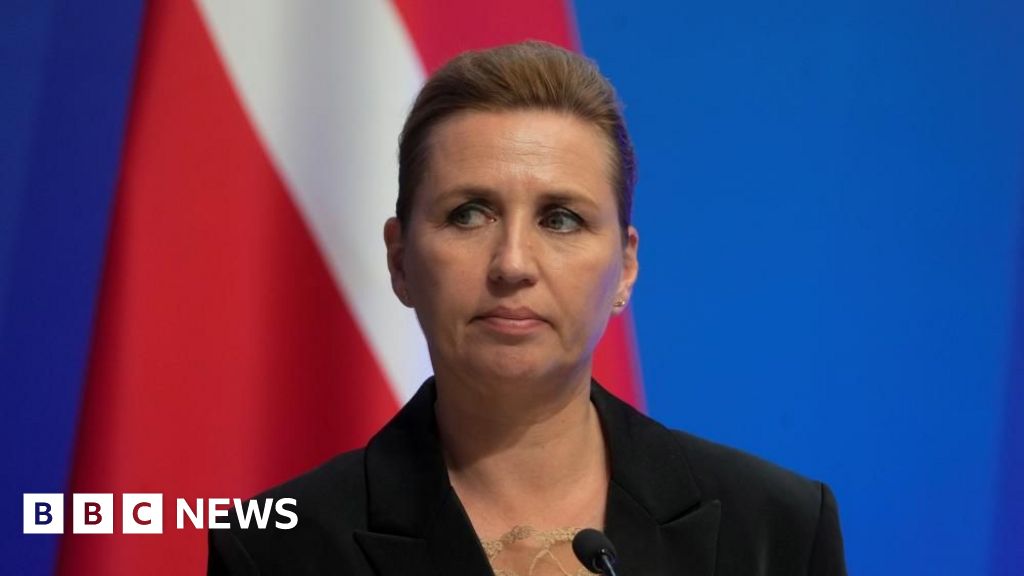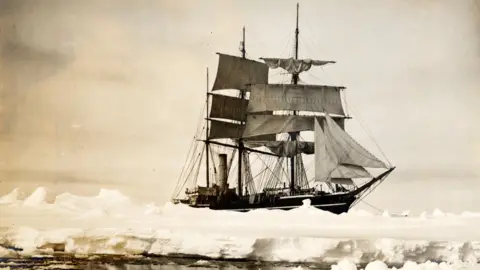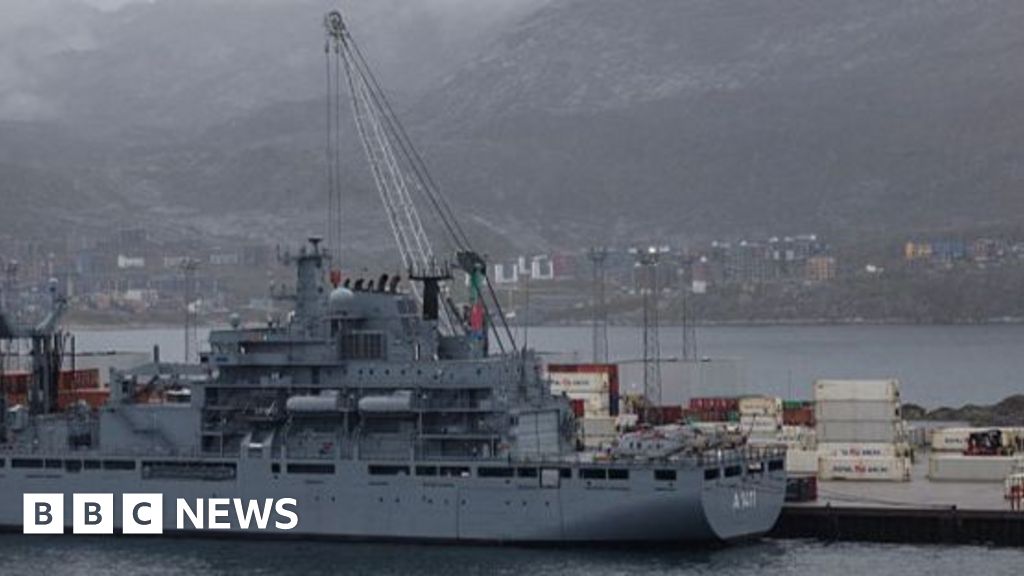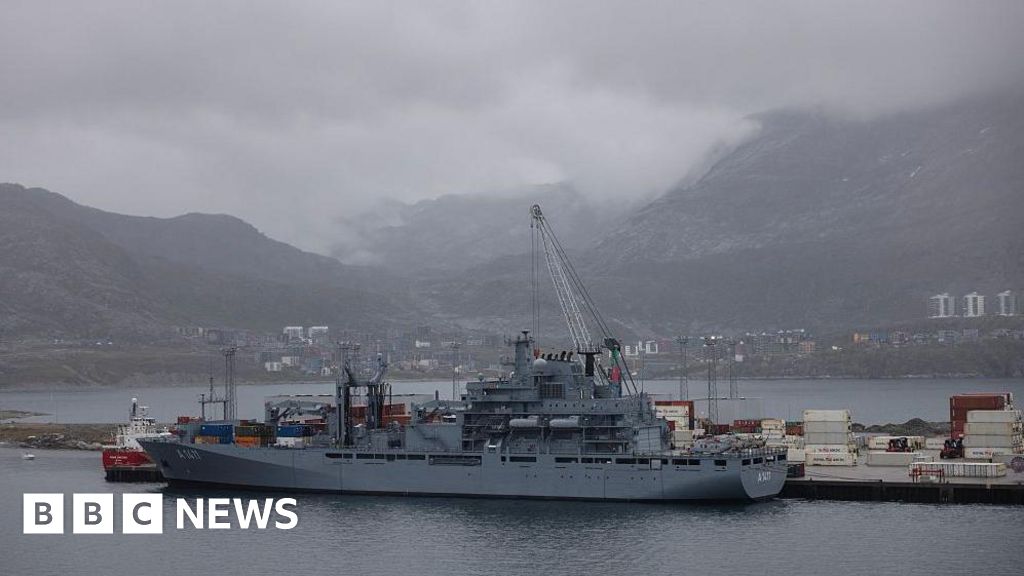Denmark's Prime Minister Mette Frederiksen has issued a long-awaited apology to the Greenlandic women and their families affected by what she called systematic discrimination during a contraceptive campaign.
During the 1960s and 70s, thousands of Inuit women and girls as young as 12 were fitted with contraceptive devices as part of a birth-control programme administered by Danish doctors.
We cannot change what has happened. But we can take responsibility, Frederiksen said of the scandal.
On behalf of Denmark, I would like to say sorry, she said, acknowledging that victims had experienced both physical and psychological harm.
The scale of the birth-control programme was first brought to light in 2022 by an investigative podcast called *Spiralkampagnen* - the coil campaign. The device used is commonly known as a coil and is placed inside the womb, or uterus, to prevent pregnancy. In the past few years, many women have come forward to say they were fitted with an intra-uterine device (IUD) without their knowledge or consent.
Few had previously been aware of the contraceptive campaign, and the reports prompted shock and anger.
Records from the national archives showed that, between 1966 and 1970, 4,500 women and girls, some as young as 13, had an IUD implanted. Of these, it is unclear how many cases lacked consent. However, dozens of women have come forward sharing traumatic personal accounts, and some were left sterile.
A group of 143 women have since filed a lawsuit against the Danish state demanding compensation; 138 of them were under 18 at the time of the procedure.
The widespread use of birth control severely slowed Greenland's population growth. Speaking on Danish television last December, former Prime Minister of Greenland Mute B Egede labeled the actions as genocide as the formal investigation continues.
One of the victims, Henriette Berthelsen, expressed she was pleased with the apology despite its delay. The Danish government has reiterated its inability to alter past events but affirmed its commitment to account for the injustices faced.
This scandal follows a broader narrative of controversial treatment and policies affecting Greenlanders, contributing to ongoing calls for independence and reparation.
During the 1960s and 70s, thousands of Inuit women and girls as young as 12 were fitted with contraceptive devices as part of a birth-control programme administered by Danish doctors.
We cannot change what has happened. But we can take responsibility, Frederiksen said of the scandal.
On behalf of Denmark, I would like to say sorry, she said, acknowledging that victims had experienced both physical and psychological harm.
The scale of the birth-control programme was first brought to light in 2022 by an investigative podcast called *Spiralkampagnen* - the coil campaign. The device used is commonly known as a coil and is placed inside the womb, or uterus, to prevent pregnancy. In the past few years, many women have come forward to say they were fitted with an intra-uterine device (IUD) without their knowledge or consent.
Few had previously been aware of the contraceptive campaign, and the reports prompted shock and anger.
Records from the national archives showed that, between 1966 and 1970, 4,500 women and girls, some as young as 13, had an IUD implanted. Of these, it is unclear how many cases lacked consent. However, dozens of women have come forward sharing traumatic personal accounts, and some were left sterile.
A group of 143 women have since filed a lawsuit against the Danish state demanding compensation; 138 of them were under 18 at the time of the procedure.
The widespread use of birth control severely slowed Greenland's population growth. Speaking on Danish television last December, former Prime Minister of Greenland Mute B Egede labeled the actions as genocide as the formal investigation continues.
One of the victims, Henriette Berthelsen, expressed she was pleased with the apology despite its delay. The Danish government has reiterated its inability to alter past events but affirmed its commitment to account for the injustices faced.
This scandal follows a broader narrative of controversial treatment and policies affecting Greenlanders, contributing to ongoing calls for independence and reparation.




















